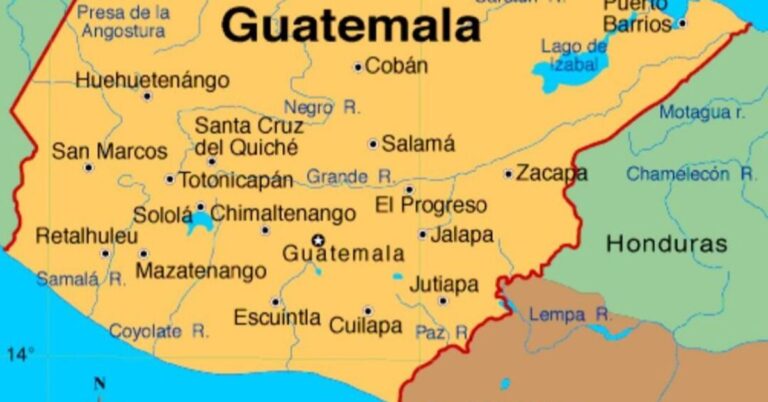Overview of MBA Program Curricula
An MBA is designed for early career professionals with leadership potential. Its curriculum combines collaborative group study and interactive technology delivered in a well-structured format. MBA school reviews provide the following overview of MBA program curricula:
Accounting
Accounting covers core business administration courses, including management styles, operational systems, and leadership skills. It equips students with holistic business skills and a specialized focus in accounting courses. Students receive fundamental MBA education, offering core courses in business strategy and business administration. The courses offer in-depth knowledge of strategic management, financial reporting, and forensic accounting. They provide a foundation for certified management accounting and certified public accounting professions.
Marketing
A marketing management MBA focuses on consumer behavior, competitive dynamics, and organizational communication. According to MBA school reviews, the course structure enhances students’ skills in various marketing aspects. These skills help them identify business prospects and understand correlations between marketing operations. The course provides managerial skills for marketing fields like social media and digital advertising. It encompasses various topics, including market research, sales, and consumer trends. Students learn techniques like cost structure, market analysis, product promotion, and advertisement.
Supply Chain Operations
Supply chain management comprises the steps involved in delivering goods or services. The curriculum prepares you for leadership positions in logistics, transportation, and purchasing. It hones your skills in analytics and business ethics through practical and theoretical coursework. The coursework explores ways to incorporate e-commerce into supply chain leadership roles. Knowledge in supply chain operations consulting enables you to perform organizational advisory roles. You can address growth sustainability, regulatory compliance, and innovation for clients.
Finance
The financial aspects of an MBA involve financial modeling and analysis. Students learn more advanced financial skills, including corporate finance, advanced investment, and global finance. Corporate finance allows you to understand the U.S. financial system and capital budgeting strategies. With advanced investment, students develop knowledge of financial institutions, capital markets, and analytical tools. Cross-border investments and exchange rate risk management topics prepare you to manage corporate finances.
Leadership and Ethics
This curriculum studies ethical practices and principles in business. It covers the fundamentals of business administration, including leadership roles. Courses in this category cover responsible decision-making, corporate social responsibility, and company challenges. They include simulations, case studies, and internships for real-world applications. Leadership classes teach students how to manage employee performance and communicate effectively. During ethics classes, students learn to analyze business decisions.
Business Strategy
With MBA business strategy, you learn to make impactful global management decisions. You gain business theory mastery on the factors influencing a company’s success. The core curriculum covers fundamental business development, corporate innovation, and business analytics. Students learn business theory on the factors influencing a company’s failure or success. Business strategy develops student skills in liaising, communication, and problem-solving. The topics covered in business strategy include competitive strategy, management consulting, and regulatory compliance. These equip you with data interpretation, forecasting, and reporting skills.
Specialization
An MBA curriculum often gives you a chance to explore a specific topic of interest. You can choose between an advanced corporate-level strategy specialization and an entrepreneurship specialization. Corporate-level strategy teaches you why companies diversify and how they manage alliances. An entrepreneurship specialization explores the qualities and habits you need to succeed as an entrepreneur. You learn how to spot business opportunities and bring your ideas to life. Through entrepreneurial experimentation, students learn the best ways to refine and act on ideas.
Capstone Project
The final step in an MBA program is the MBA capstone project. The project involves practical work to analyze a strategic business question. Capstone projects can be in the form of a business plan or a strategy report. In a business plan capstone, students conduct industry research to create a business plan. A strategy report capstone challenges you to solve strategic issues through practical recommendations.
Explore the MBA School Reviews
A quality MBA curriculum allows students to develop core business skills for leadership and decision-making. Students learn through innovative methods that support discussions and virtual events. Browse MBA school reviews to learn more about an MBA program’s curriculum.




